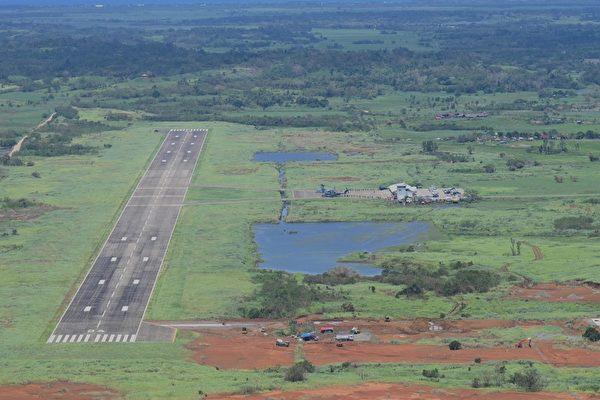Philippine lawmakers have raised concerns about the influx of Chinese students in Cagayan Province, describing it as a “creeping invasion,” and have prompted the Philippine armed forces to investigate the issue.
Cagayan is located at the northern tip of Luzon island, facing Taiwan.




